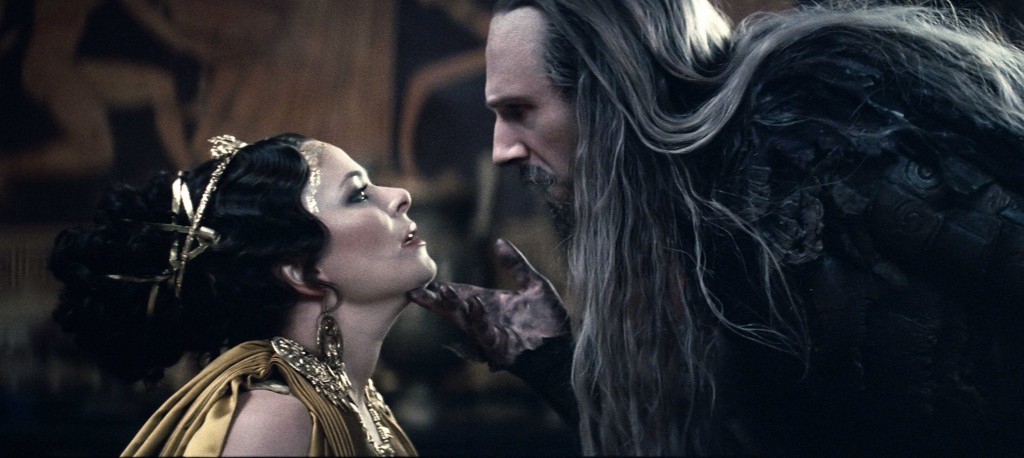By Solange Kalala/reporter
Modern Egypt has found ways to live with its religious needs and the need to conserve and protect the world’s ancient relics, a geology professor said last week.
“For over 3,000 years, Egypt has not changed much. People live exactly the same life,” said Clair Ossian during the International Festival April 13on NE Campus. “They don’t change because they don’t have to change.”
Through images of religious scenes, dwellings, festivals, markets, modern designs, modern superstitions and daily life habits, Ossian demonstrated how Egyptians’ ancient ancestors are still important to modern times.
Ossian said Egypt is challenged to be part of both the ancient and Western worlds. Egypt has had a hard time living with this reality, so it has incorporated many aspects of the pharaonic Egypt so they don’t lose the Egyptian past.
Sharing his experience both as a tourist and a geologist who visited Egypt several times during the last three years, Ossian said the historical places still felt and smelled as he imagined they would have thousands of years ago.
Talking about how things have never changed in the culture, Ossian said that people in Egypt are still using the same techniques to fetch water, the irrigation using a shaduf (a primitive device used to lift water from a stream or well for irrigation purposes). He also said that people live in the same housing structures.
Ossian said Egyptians’ religious beliefs also never changed. He said women still bathe in the Sacred Lake of Medina Abu, elderly and young women together hoping that the young ones who can’t bear children can do so after the bath.
“People still think gods still have the same power they used to have thousands of years ago,” Ossian said. “Egypt has found a way to live with the ancient without offending the Islam or the Quran.”
Since the economy of the country depends on the tourists’ dollars, Egyptians have an obligation to preserve the ancient history to bring more money in the country. There’s no place more rewarding than Egypt, Ossian said.
























